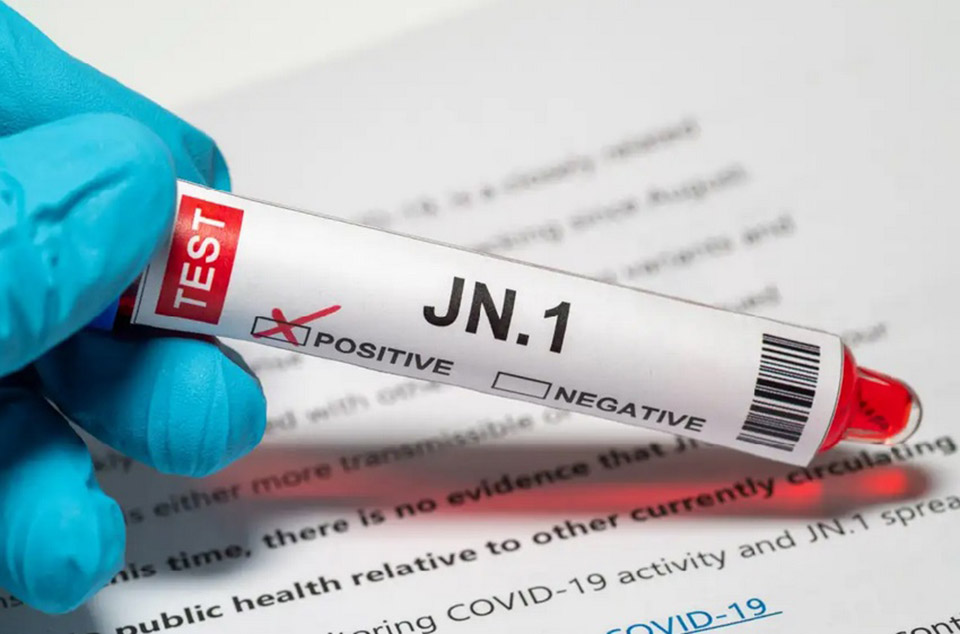
Thailand has seen a surge in cases of the JN.1 sub-variant of the Omicron COVID-19 variant in the past week, leading to increased hospitalizations and over 10 deaths. The Department of Disease Control (DDC) reported 718 new COVID-19 cases, averaging 102 cases daily, with 11 fatalities for the week ending January 20.
There has been an increase in COVID-19 cases compared to the previous week, which recorded a daily average of 93 new cases and four deaths. The DDC noted that the majority of those hospitalized were older individuals, many of whom were either unvaccinated or had not received a full vaccination course.
Out of the total 718 cases reported, 209 patients suffered from severe pneumonia, with 149 of them needing endotracheal intubation. The deceased were all from the “608 at-risk” group, comprising elderly people with chronic diseases. Six of the deceased were unvaccinated, while others had only received two doses of the vaccine.
The Department of Medical Sciences confirmed that the JN.1 sub-variant of Omicron is the variant currently circulating in Thailand, with symptoms including coughing, sore throat, aches, headache, and runny nose. Health officials, however, indicated that JN.1 is not considered more severe than the original Omicron variant.
Following the World Health Organization’s recommendation on December 5 last year, the DDC advises elderly people with chronic diseases or a dysfunctional immune system to get vaccinated every six to 12 months to lower the risk of severe illness and death.
The DDC urges those in the 608 at-risk group with cold symptoms and a positive antigen test kit (ATK) result to wear a face mask and seek medical attention promptly. For more information on the virus, the public can contact the DDC at 1422. (NNT)









